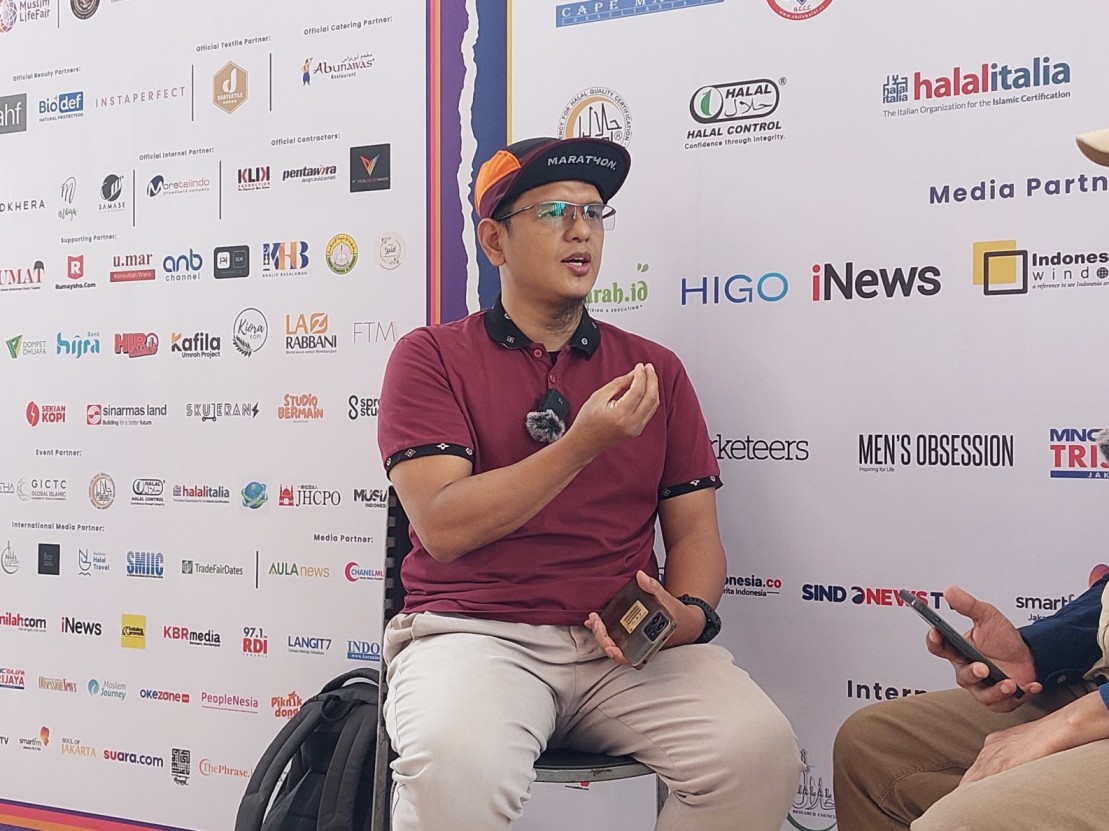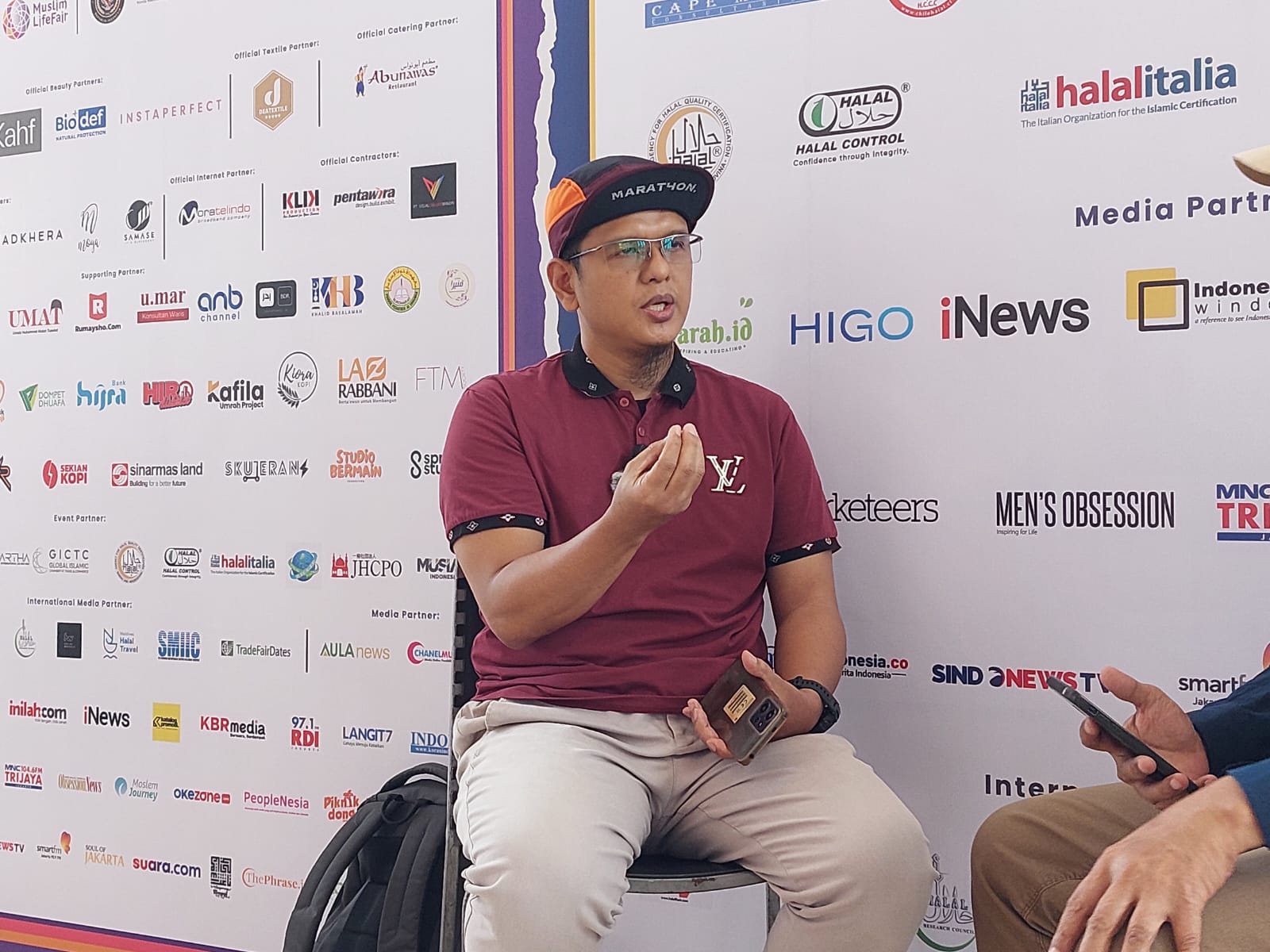Indonesia 3rd target phishing in Southeast Asia

Jakarta (Indonesia Window) – Indonesia is among the top three countries in Southeast Asia as the targets of phishing attacks in the first half of 2019, according to cyber security company Kaspersky based in Moscow, Russia, Vietnam News Agency (VNA) said as quoted by Indonesia Window in Jakarta on Monday.
The latest statistics compiled by Kaspersky show Southeast Asia remains a target of cyber criminals who try to infect networks and devices through the simplest but most effective trick called phishing.
Phishing is the act of obtaining personal information such as user ID, password and data and other important information, such as credit card numbers, by posing as an authorized person or organization through an email.
The global cyber security company detected 14 million phishing attempts against internet users in the region during the first six months of 2019.
Kaspersky statistics in the first half of 2019 showed the percentage of phishing in Indonesia amounted to 14.3 percent, up from 10.7 percent last year.
Above Indonesia, there is the Philippines that has the highest percentage of phishing victims with 17.3 percent. This figure is 65.56 percent higher than that in the same period last year of 10.449 percent.
Following the Philippines in the second place is Malaysia with 15.8 percent of users infected through phishing, up from 11.2 percent in the first half of 2018.
The statistics reveal that there are more than 11 million phishing attacks detected in the three countries.
In the fourth place is Thailand with 11.9 percent or nearly 1.5 million attacks, up from 10.9 percent in the previous year, while Vietnam followed with 11.7 percent, up from 9.4 percent in 2018.
Meanwhile, Singapore’s phishing cases were recorded at five percent or equivalent to 351,510 attacks from January to June this year. This figure is up from 4.1 percent in 2018.
“This old but effective threat is real in Southeast Asia and shows no signs of fading anytime soon. The region is composed of many young and highly-mobile populations and, admit or not, we need to educate them on the risks of basic attacks like phishing,” said Yeo Siang Tiong, Kaspersky’s General Manager for Southeast Asia.
According to him, the young users will buy a new phone then think of securing it physically but never virtually.
“And as long as individuals will continue to let their guard down when using the internet, we can be sure that we’d keep on counting phishing victims again and again,” he noted.
Reporting by Indonesia Window

.jpg)








